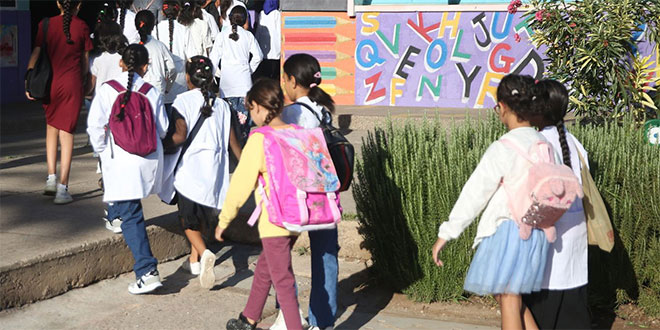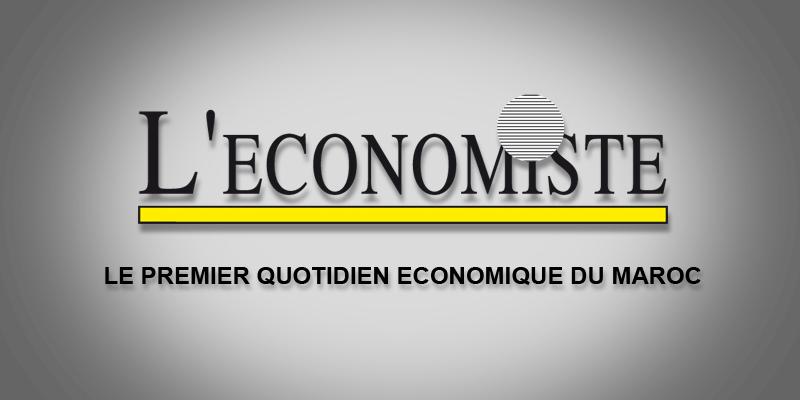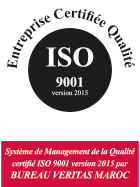There often is a world of difference between rhetoric and reality. Such is the case with the Pioneer Schools program, launched last year and due to be gradually rolled out across the board. The Government is betting big on this program, which is designed to restore public schools to their former glory. It is one of the key pillars of the Ministry of Education’s 2021-2026 roadmap.

Last Wednesday, the program was raised at a meeting of the Ministerial Commission in charge of steering the reform of the national education and preschool system, chaired by the Head of Government. According to the press release issued following the meeting, the 2023-2024 experimentation of the system in 626 public elementary school (in urban, peri-urban and rural areas) showed a “significant impact on pupils’ learning levels, and a contribution to the overall transformation in the performance of these establishments”. That said, feedback from the field is not glowing. Experts, principals, teachers, and parents are voicing their concerns about the roll-out of this program.
“It is a disaster on every level - we’ve never seen anything like it!” , said forcefully the principal of a state elementary school in Casablanca. According to the school principal, classes didn’t really start until mid-November, as they first had to go through a “remediation”period with tutoring sessions. The textbooks supplied by the Ministry for the pioneering schools have not yet all been delivered. “We’ve been asked to make photocopies! What’s more, some of the first grade books are in black and white, and not at all attractive to the little ones. Even when it comes to equipment, such as whiteboards and curtains, there are delays. The supplier commissioned by the Ministry seems to be completely out of step”, lamented the school principal, adding that: “The teachers, for their part, are complaining about their workload, and the amount of slides they have to parade for the pupils”. Parents have also voiced their discontent. According to our director, several parents have chosen to transfer their children to “normal” schools. “We’re losing good and average pupils, because they’re fed up, they feel they’re not learning anything”, he said. For the school principal, the pioneering school certainly has the advantage of providing more facilities and saving some of the very low-achieving children. However, the learning techniques used are not suitable for all pupils. They are more recommended for children with profound delays, and are almost akin to literacy training for illiterates. For pupils with a higher level, nothing is planned. “We’re going to lose them” , said the principal, expressing some fears.
Ahlam NAZIH


























